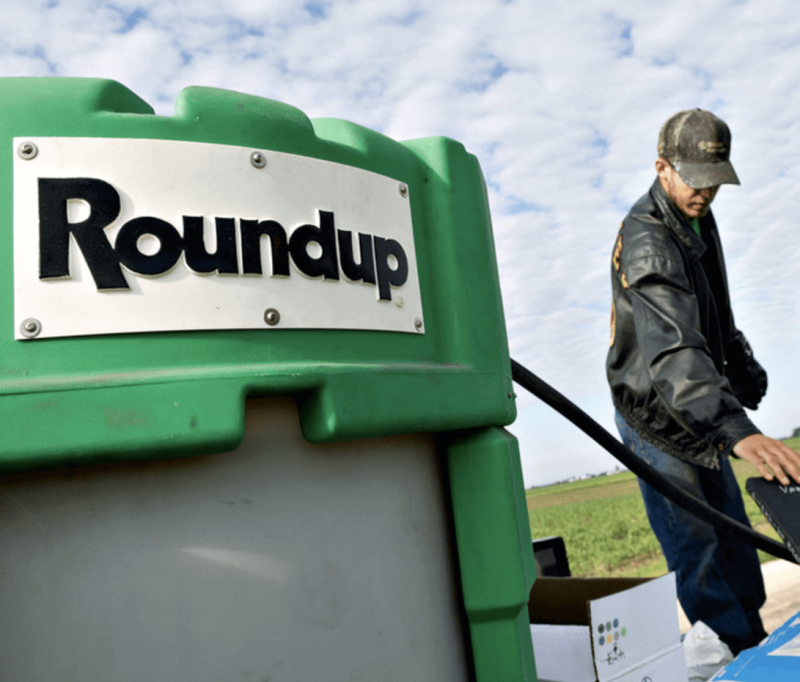There are dozens of conspiracy theories about glyphosate.
One of those theories goes something like this: glyphosate, the active ingredient in Roundup, is an antibiotic and it kills all of the beneficial bacteria and fungi in soils.
“It makes the soil sterile in some cases leading to less nutrient rich soil and in turn (produces food) that is devoid of vital substance,” says a commentator on the website of the Rodale Institute, an organic farming research centre in Pennsylvania.
…
In the early 2010s, scientists began using new and much improved technology for DNA sequencing. Next Generation Sequencing (NGS) …. allowed researchers to study a huge amount of genetic material in a short time.
…
After the technology hit the market, [Tim Paulitz, a plant pathologist with the United States Department of Agriculture,] realized he could finally answer the glyphosate question because he could accurately study the majority of soil microbes.
…
“We were able to determine that year-to-year weather variation, soil type and farming system history (crop rotation legacy) had more impact than the GM transgene [in herbicide-tolerant crops] or application of glyphosate,” they said on a USDA website.
Read the original post here.































